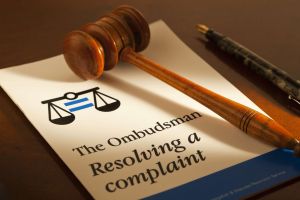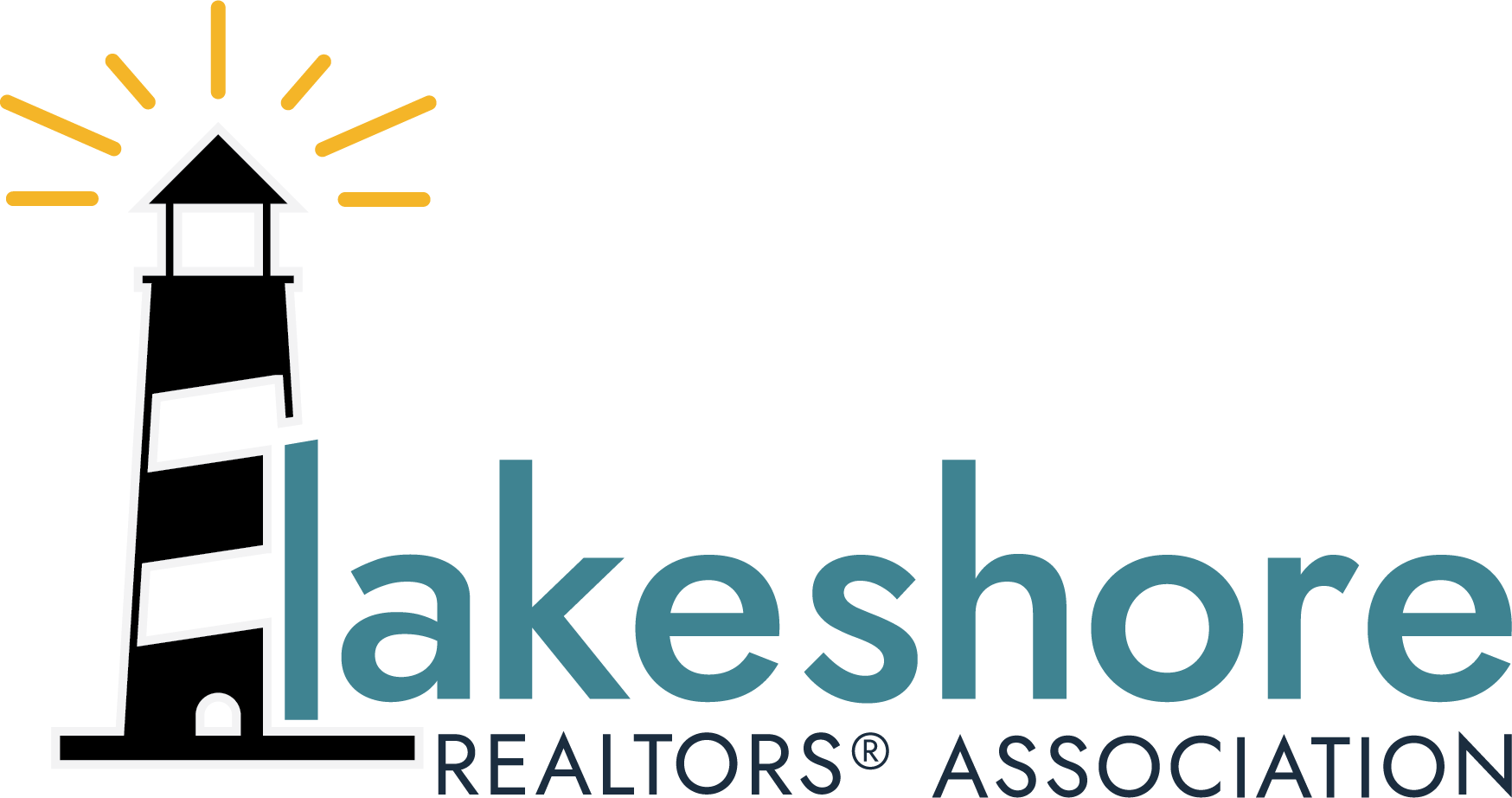Ombudsman
According to the WRA, in its simplest definition, the ombudsman program is informal telephone mediation. In some cases, it can address and solve minor complaints from the public. The ombudsman can also solve inter-REALTOR® conflicts before they become serious problems. Some complaints do not allege specific articles of the NAR Code of Ethics, and many times the complaints are transactional, technical and procedural questions that can be addressed by communication. Like a mediator, an ombudsman helps parties find solutions that everyone can be happy with.

What is the difference between the ombudsman process and mediation?
The ombudsman process usually involves parties who have not filed an ethics complaint or arbitration request, but have experienced a breakdown in communication requiring informal resolution (although an ombudsman may also be used where a complaint has been filed). Often the ombudsman functions as an intermediary who communicates the concerns of one party to the other over the phone, so a positive relationship can be restored.
Mediation, on the other hand, normally involves monetary disputes (unless the association also offers ethics mediation) where an arbitration request may have been filed. Parties generally meet face-to-face at a prearranged time with their mediator, who encourages both parties to come to a mutually satisfactory resolution of their dispute.
Ombudsmen and mediators often have the same skill set: impartiality, the ability to listen carefully, and the desire to identify and resolve misunderstandings.
Contact us at info@lakeshorera.com with questions.
